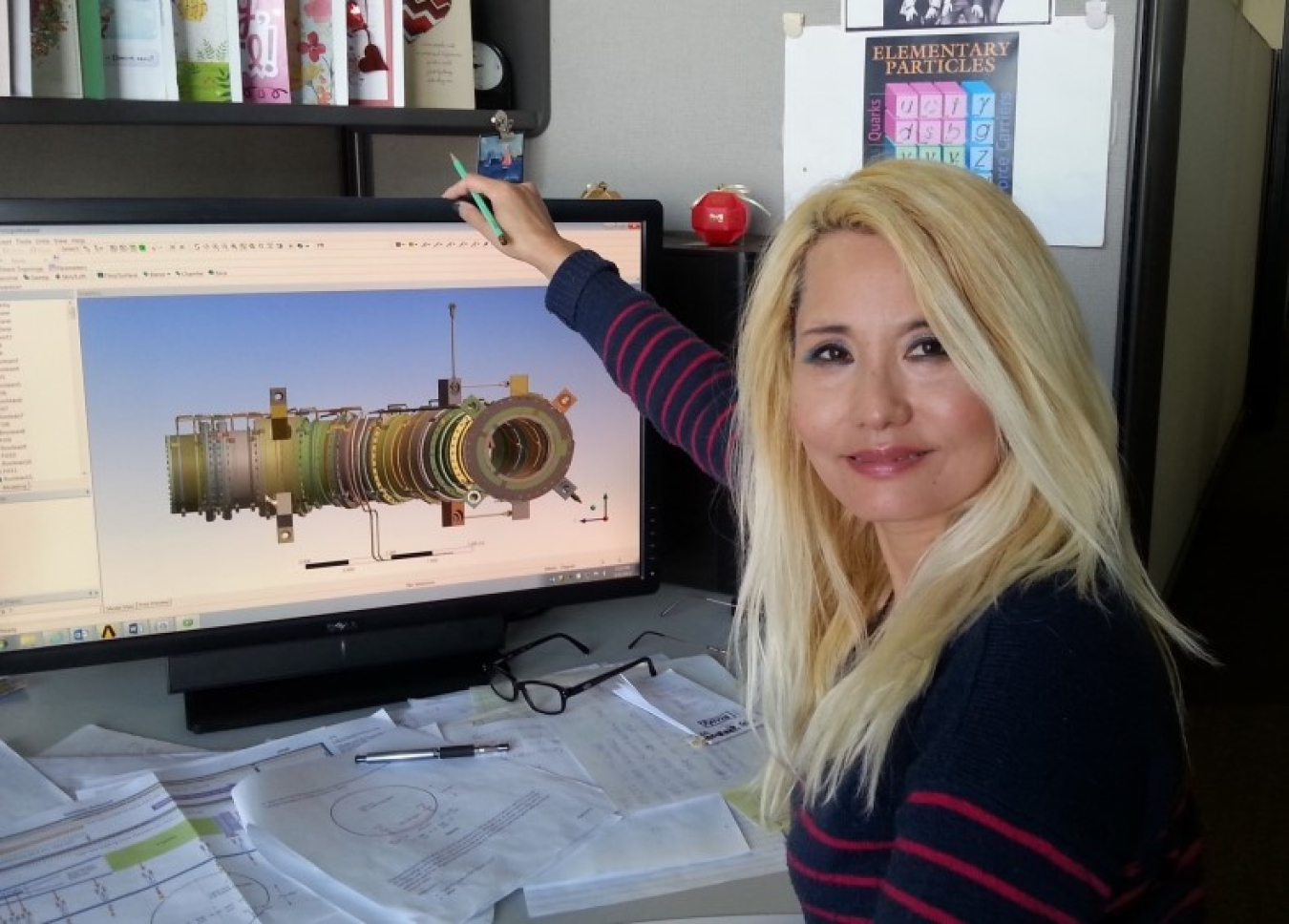
The job of mechanical engineer is a mid-level position in bioenergy, in the engineering and manufacturing career sub-sector. Job seekers with engineering and manufacturing backgrounds or a career in engineering could consider this type of mid-level bioenergy job.
Mechanical engineers work as staff specialists to design mechanical systems for energy or automotive applications. People in these positions may have careers in bioenergy mechanical engineering.
Mechanical Engineer
| Alternate Title(s) | Automotive Engineer; Quality Engineer |
| Education & Training Level Description | Master’s degree in Mechanical Engineering or be a licensed professional engineer. |
| Experience | 3–10 years |
| Job Skills |
|
| Job Profile | The bioenergy landscape of the future requires significant innovations in the field of engineering. This includes, but not limited to, developing technologies for the cost-effective harvest collection, preprocessing, storage, and transport of biomass, scaling up biochemical and thermochemical conversion pathways for full-scale commercialization, and ensuring that next-generation advanced biofuels are compatible with existing infrastructure. Due to their broad skill sets, mechanical engineers are uniquely qualified to address these needs and play a critical role in nearly all stages of the bioenergy value chain. |
More Mid-Level Engineering and Manufacturing Jobs in Bioenergy
Related Bioenergy Career Resources
Bioenergy Career Exploration Wheel

